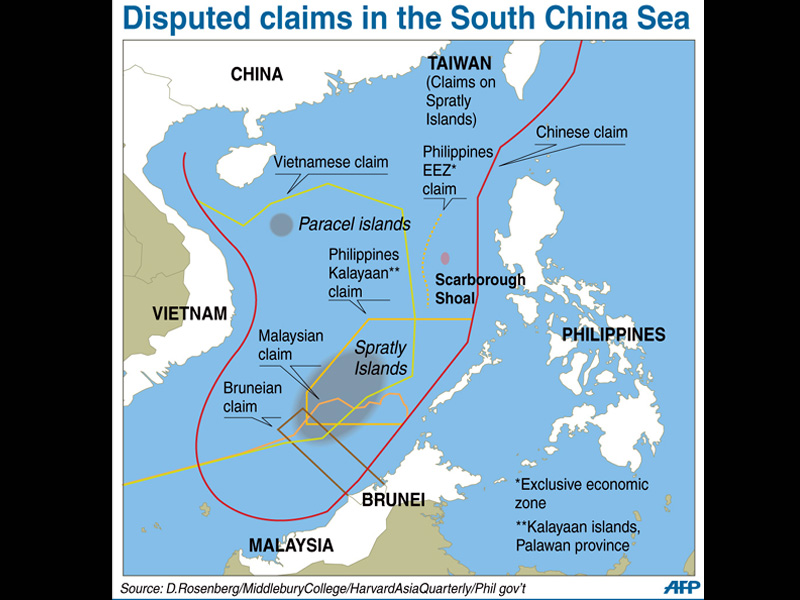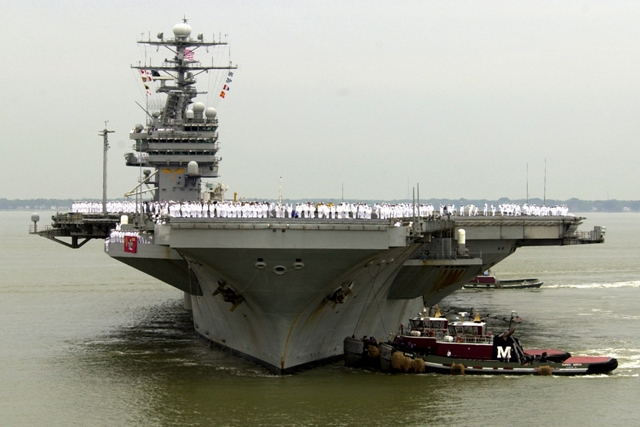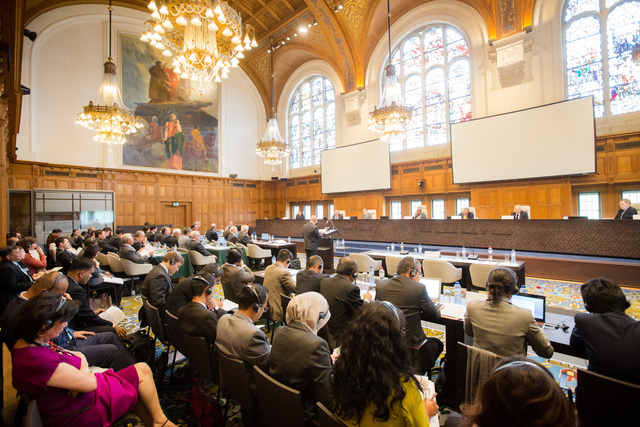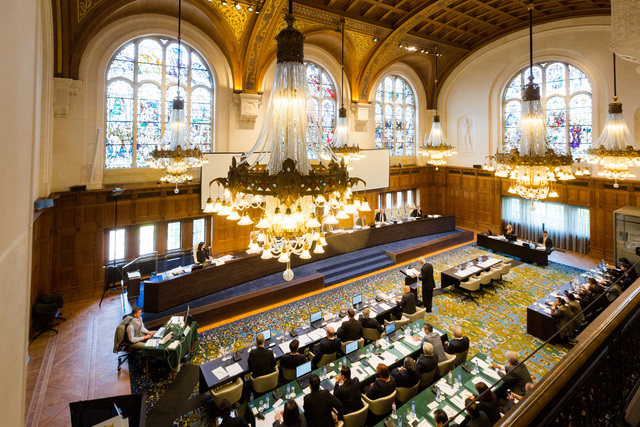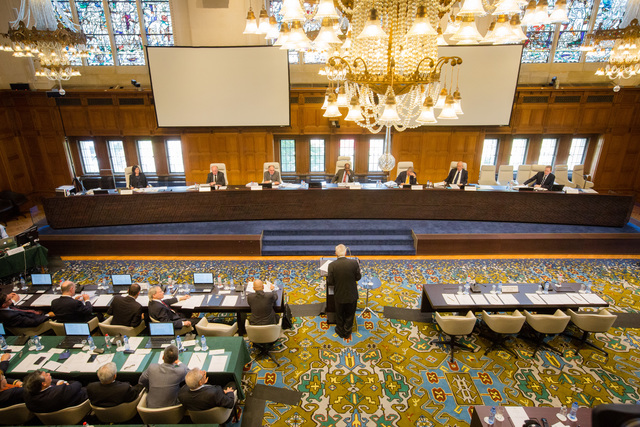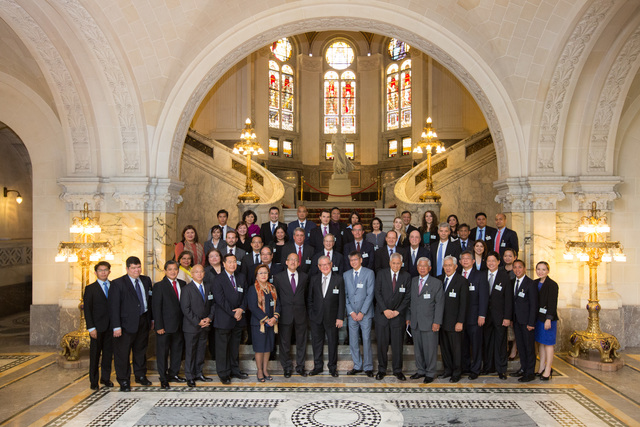THE ongoing arguments at the hearing on merits at the Permanent Court of Arbitration at The Hague, the Netherlands regarding the Philippines’s claims against China are a classic example of theory clashing with reality. In other words, an immovable object against an irresistible force.
Assume for a moment that the Philippines prevails and the panel rules in favor of all the legal arguments that the Philippine has presented. Assume even that the panel rules that China must not only stop all efforts at further reclamation, but that China must abandon not only its claims, but physically leave the area.
Who is going to enforce that ruling?
That is not to say by any means that the Philippines is wasting its time and should not pursue this path. However, it may be even worse than a legal judgment against someone who has disappeared. Who will kick China off the islands that may very possibly belong to the Philippines? Not the United Nations, not the United States, not Japan, not the Philippines and certainly not any of our Asean partners will physically attempt to remove China from the area.
The Philippine government has stated that once the Philippines wins at The Hague, other nations will come onboard to put heavy diplomatic pressure on China. This presumably will change China’s course of action in the region. The government is dreaming.
Diplomatic pressure for decade has not kept China from propping up the North Korean government. This same diplomatic pressure has not altered China’s course of supporting Russian foreign and military policy in both Ukraine and Syria.
It is unlikely that a Philippine win will stop the United Kingdom, Australia, France, South Korea, Thailand, Vietnam, Malaysia, India and Indonesia from supporting and participating in China’s Asian Infrastructure Investment Bank.
Richard Javad Heydarian, assistant professor in political science at De La Salle University, and a genuine expert on the subject, has written about a Philippine win that “the reputational costs, and corresponding diplomatic backlash, will surely undermine China’s soft power and bid for regional leadership.”
Economically, China is already the region’s leader in “soft” power and is not about to lose that power anytime soon unless the Chinese economy completely collapses. China is the largest export market for the countries in the Asean, equaling over 8.4 percent of Asean’s total gross domestic product. “Might” may not make “right,” but “money” can make “might.”
The Aquino administration was probably right to advance the country’s claims at The Hague. But the next administration better have a well-crafted “Plan B” ready. At this point, the Philippines may win the battle and yet eventually lose the war.
Perhaps the brilliant legal minds that are so confident of the Philippines’s prevailing before The Hague panel will be on the first ship to throw China off Panatag Shoal. Maybe a boatload of Filipino lawyers could scare China away.
source: Business Mirror

